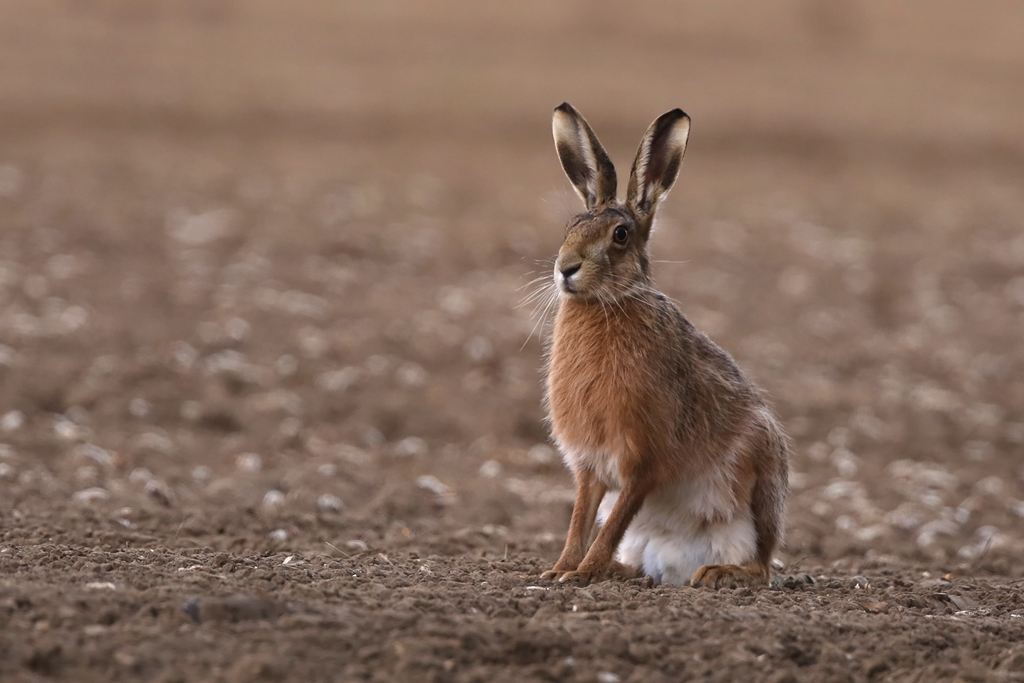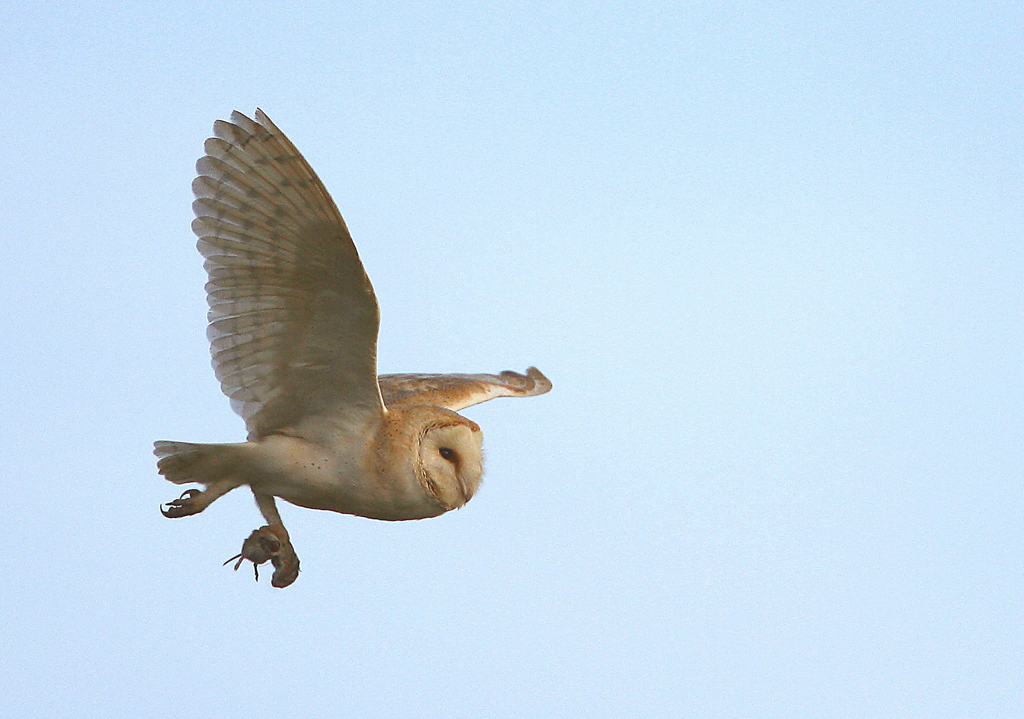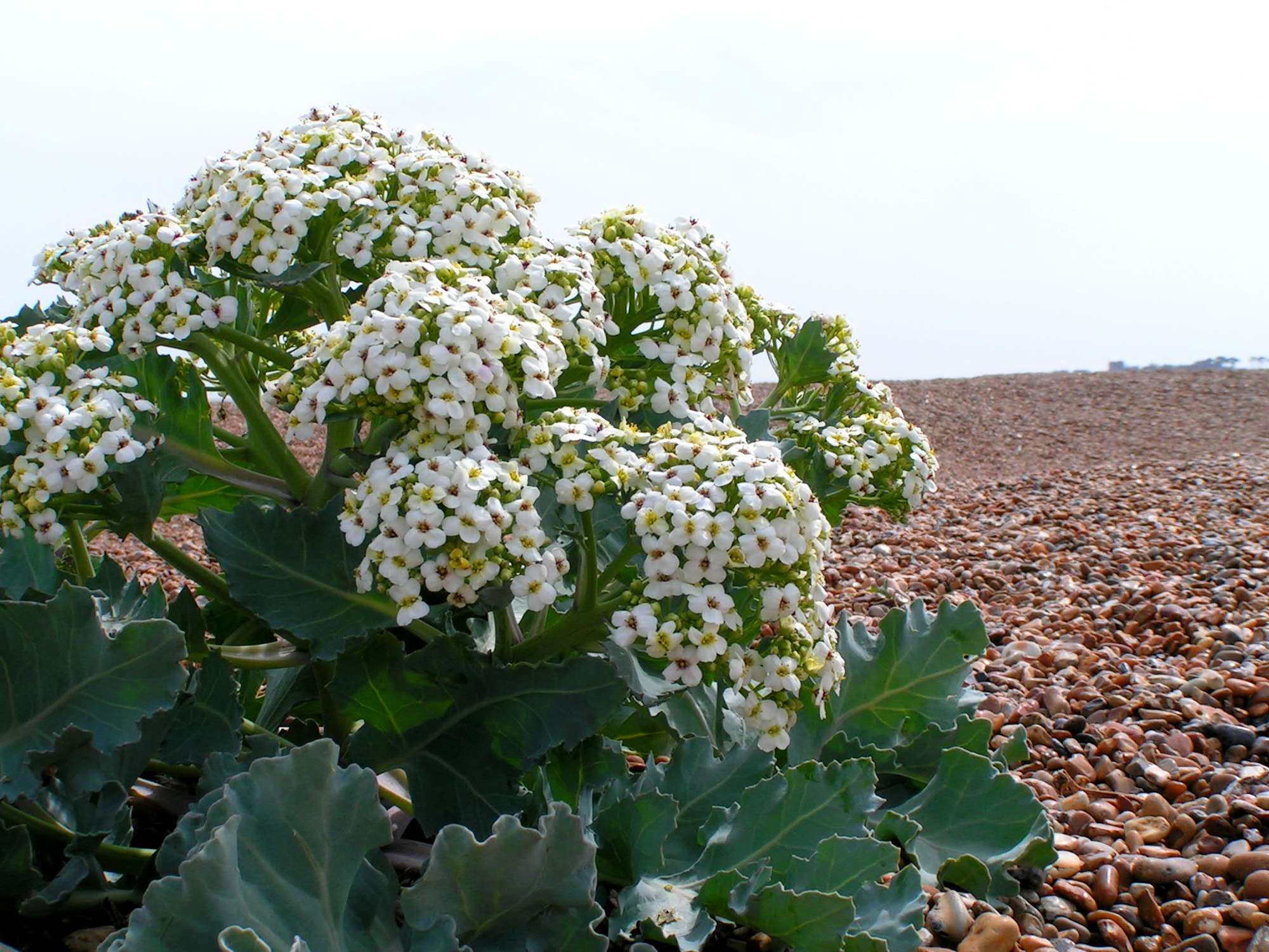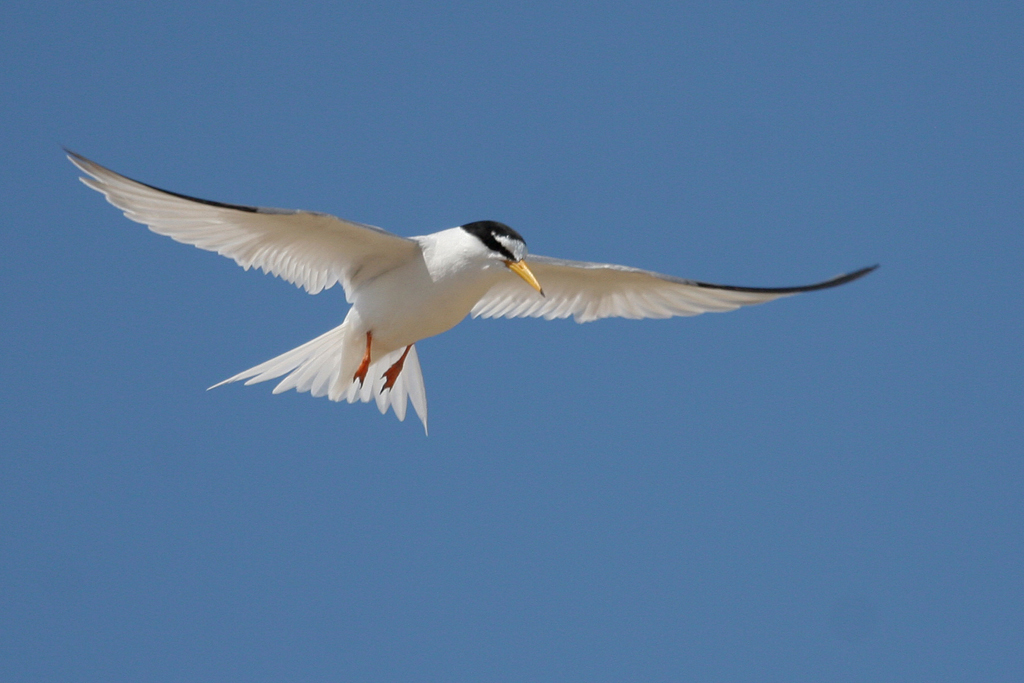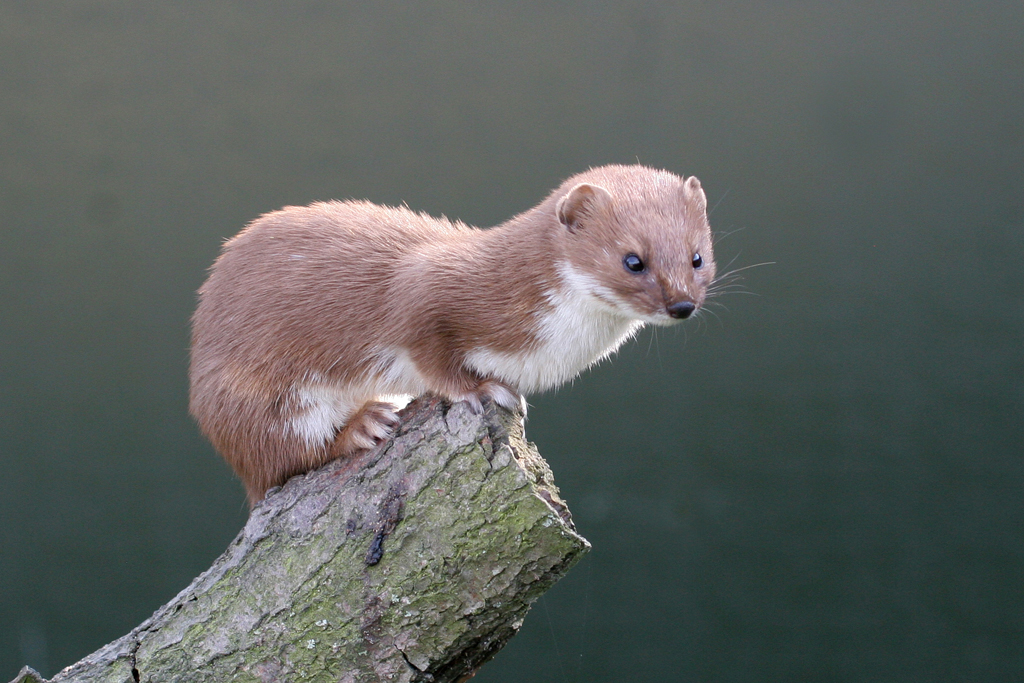Village Voices Nature Note: Let there be Dark
01 Dec 2021
I’m writing this on 1 November, when we have just changed the clocks and plunged deep into darkness until 27 March next year. I wish we could just stay with Summer Time myself, as the EU plans to do and as (little-known fact) we actually did in Britain experimentally from 1968-71; but then the Scottish farmers weighed in and said it was unfair to cows to change their milking times. Why even tell the cows if they have a problem with it, I wondered at the time, but maybe I was missing a point about circadian rhythms.
These are the automatic systems that constitute our 24-hour body-clocks and they manage all kinds of bodily functions like sleep patterns, mental alertness, cell regeneration and brain-wave activity. They are triggered by changes from light to dark and are called circadian from the Latin circa diem about a day. All animals and plants have them – they control the precise timing of things like hibernation, reproduction and migration. You can watch some flowers literally closing down for the night as dusk falls.
We used to do that too, but in the last hundred years or so we have found two ways of scrambling these control mechanisms. First, we can travel rapidly through time zones, delaying the onset of night by five hours, for example, if we fly to New York – hence jet-lag. Secondly, we are the only species that now lives a good proportion of its life in artificial light, which we had never evolved to do in the millennia before electricity arrived in every home – hence insomnia.
We’re also increasingly inflicting this insomnia on the natural world, through light pollution in our big cities. It wasn’t a nightingale that sang in Berkeley Square, it was almost certainly a robin, confused by the street lights into think- ing that dawn had arrived. We read of baby turtles in Florida heading back up the beach to certain death instead of following the light of the horizon down to the sea. One study in the US estimated that some five million birds might die each year from becoming disoriented in migration and colliding with tall build- ings. And probably billions of insects perish in the glare of lights to which they are irresistibly attracted, so in turn depriving insectivorous songbirds of their usual food supply and further depleting their numbers too. As for glow-worms and fireflies, forget it: the ingenious courtship signals developed over millions of years of evolution are completely lost against the backdrop of skyglow.
Just look at this satellite picture of London by night. Soon everywhere will be over-lit ... except Shingle Street, I hope.
These are the automatic systems that constitute our 24-hour body-clocks and they manage all kinds of bodily functions like sleep patterns, mental alertness, cell regeneration and brain-wave activity. They are triggered by changes from light to dark and are called circadian from the Latin circa diem about a day. All animals and plants have them – they control the precise timing of things like hibernation, reproduction and migration. You can watch some flowers literally closing down for the night as dusk falls.
We used to do that too, but in the last hundred years or so we have found two ways of scrambling these control mechanisms. First, we can travel rapidly through time zones, delaying the onset of night by five hours, for example, if we fly to New York – hence jet-lag. Secondly, we are the only species that now lives a good proportion of its life in artificial light, which we had never evolved to do in the millennia before electricity arrived in every home – hence insomnia.
We’re also increasingly inflicting this insomnia on the natural world, through light pollution in our big cities. It wasn’t a nightingale that sang in Berkeley Square, it was almost certainly a robin, confused by the street lights into think- ing that dawn had arrived. We read of baby turtles in Florida heading back up the beach to certain death instead of following the light of the horizon down to the sea. One study in the US estimated that some five million birds might die each year from becoming disoriented in migration and colliding with tall build- ings. And probably billions of insects perish in the glare of lights to which they are irresistibly attracted, so in turn depriving insectivorous songbirds of their usual food supply and further depleting their numbers too. As for glow-worms and fireflies, forget it: the ingenious courtship signals developed over millions of years of evolution are completely lost against the backdrop of skyglow.
Just look at this satellite picture of London by night. Soon everywhere will be over-lit ... except Shingle Street, I hope.
Jeremy Mynott




